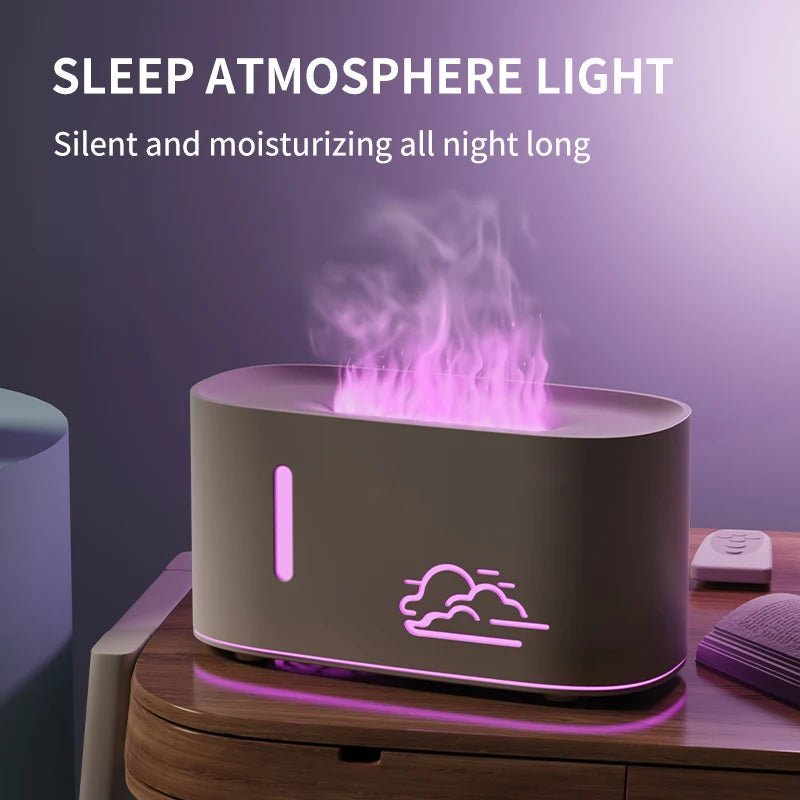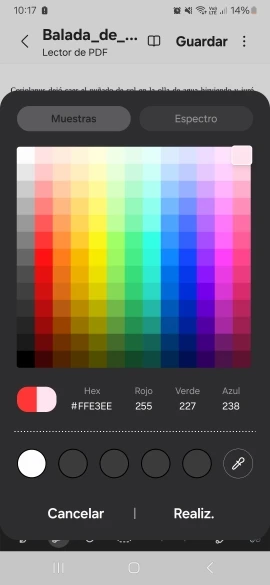
Top 5 Smart Sleep Devices in 2025: Which One’s Right for You
Share
As technology continues to evolve, so does the way we monitor and improve our health. One area that has seen significant advancements is sleep technology. Smart sleep devices are now more sophisticated than ever, offering a range of features designed to enhance our sleep quality and overall health. In this guide, we will explore what a smart sleep device is, why people use them, and the top 5 smart sleep devices in 2025.
What is a Smart Sleep Device?
A smart sleep device is a gadget designed to monitor and improve your sleep. These devices use advanced technology to track various aspects of your sleep, such as duration, quality, and stages. They provide detailed insights into your sleep patterns, helping you understand what might be affecting your sleep and how to improve it.
Why Do People Use Smart Sleep Devices?
People use smart sleep devices for various reasons. Some use them to track their sleep patterns and identify any irregularities. Others use them to improve their sleep quality, as these devices often come with features that promote better sleep, such as white noise generators or light therapy. Additionally, smart sleep devices can also be used to diagnose sleep disorders, such as sleep apnea.
What to Expect in This Guide
In this guide, we will delve into the world of smart sleep devices. We will discuss what makes a device "smart", the different types of smart sleep devices available, and the top 5 smart sleep devices in 2025. Whether you're a tech enthusiast or someone looking to improve your sleep, this guide will provide you with valuable insights.
What Makes a Device “Smart”?
A device is considered "smart" if it has the ability to connect to other devices or networks, and can operate to some extent interactively and autonomously. In the context of smart sleep devices, they are typically characterized by the following features:
- Sensors: Smart sleep devices are equipped with various sensors that monitor different aspects of your sleep, such as heart rate, breathing rate, and movement.
- Wearability: Many smart sleep devices are wearable, meaning they can be worn on the body for continuous monitoring.
- Accuracy: The effectiveness of a smart sleep device largely depends on its accuracy. The more accurate the device, the more reliable the data it provides.
- Comfort: Since these devices are often worn during sleep, comfort is a crucial factor. They should be lightweight and non-intrusive to not disrupt your sleep.
Types of Smart Sleep Devices
There are various types of smart sleep devices available, each offering different features and benefits. Here are some of the most common types:
- Wrist Trackers: These are wearable devices that track your sleep using sensors. They are typically worn on the wrist and monitor aspects like heart rate and movement.
- Bedside Monitors: These devices sit on your bedside table and monitor your sleep using sensors that detect sound and movement.
- Under-Mattress Pads: These devices are placed under your mattress and monitor your sleep by detecting movements and vibrations.
- Smart Pillows: These are pillows equipped with sensors that monitor your sleep. They may also come with features like built-in speakers for white noise or music.
- Smart Beds: These are beds integrated with sensors and other technology to monitor and improve your sleep. They may also have features like adjustable firmness or temperature control.
Top 5 Smart Sleep Devices in 2025
Now that we've covered the basics, let's take a look at the top 5 smart sleep devices in 2025. These devices have been selected based on their features, accuracy, and user reviews.
“Not sure which device is right for you? Read our 2025 Buyer’s Guide .”







